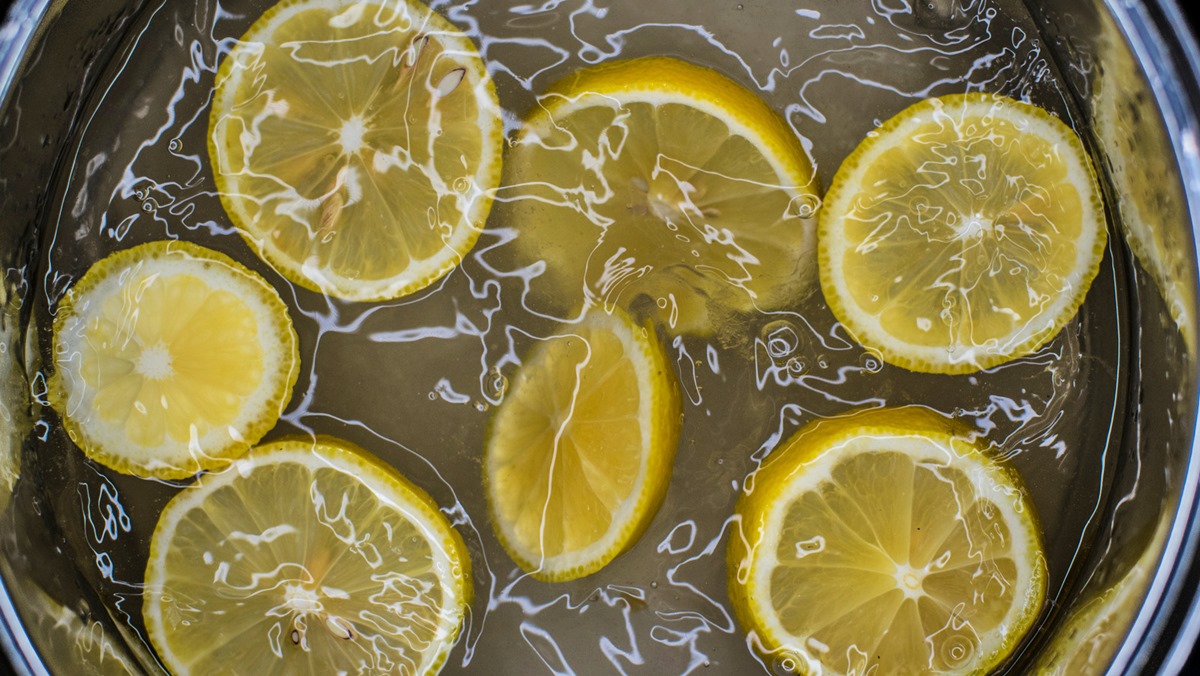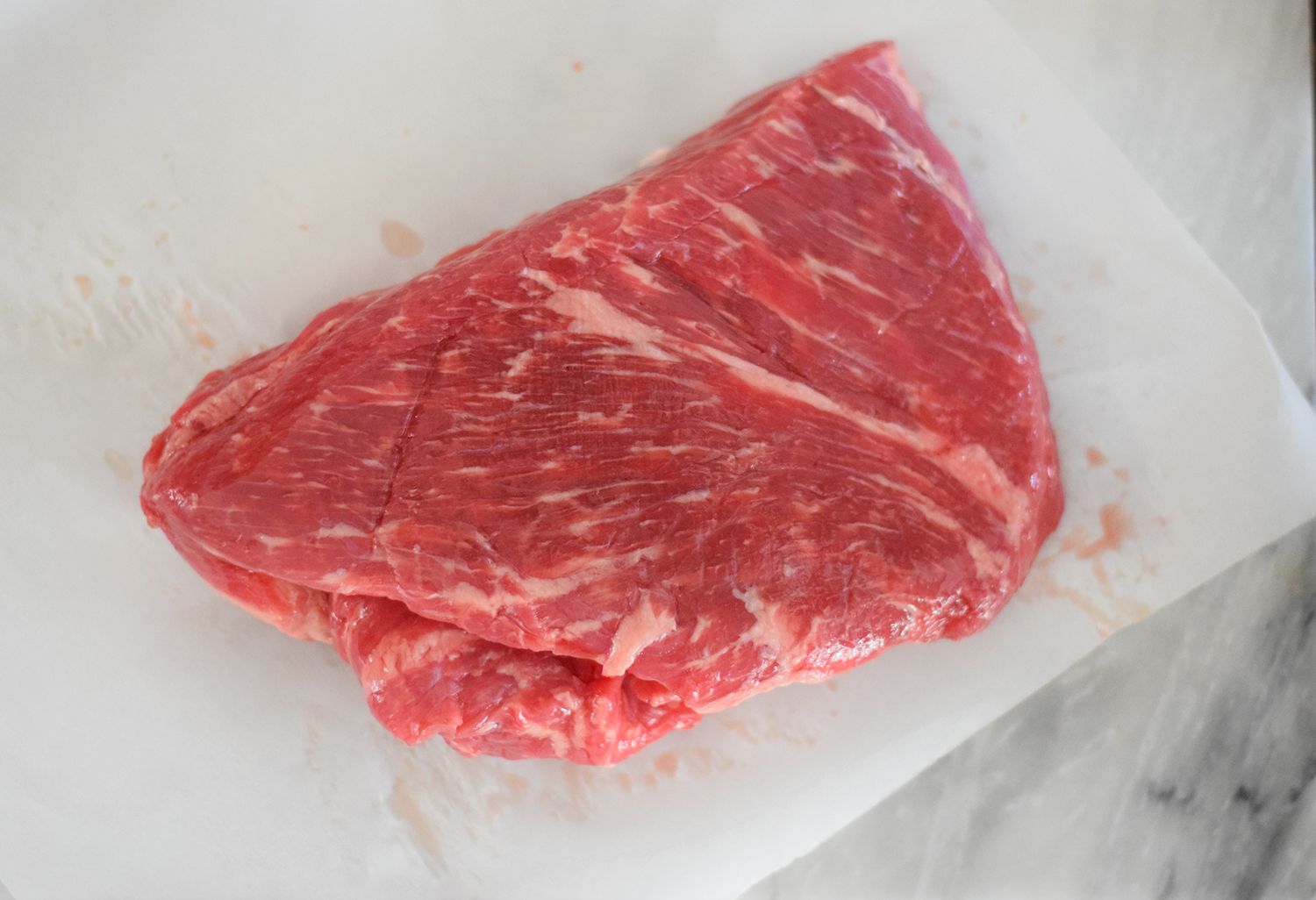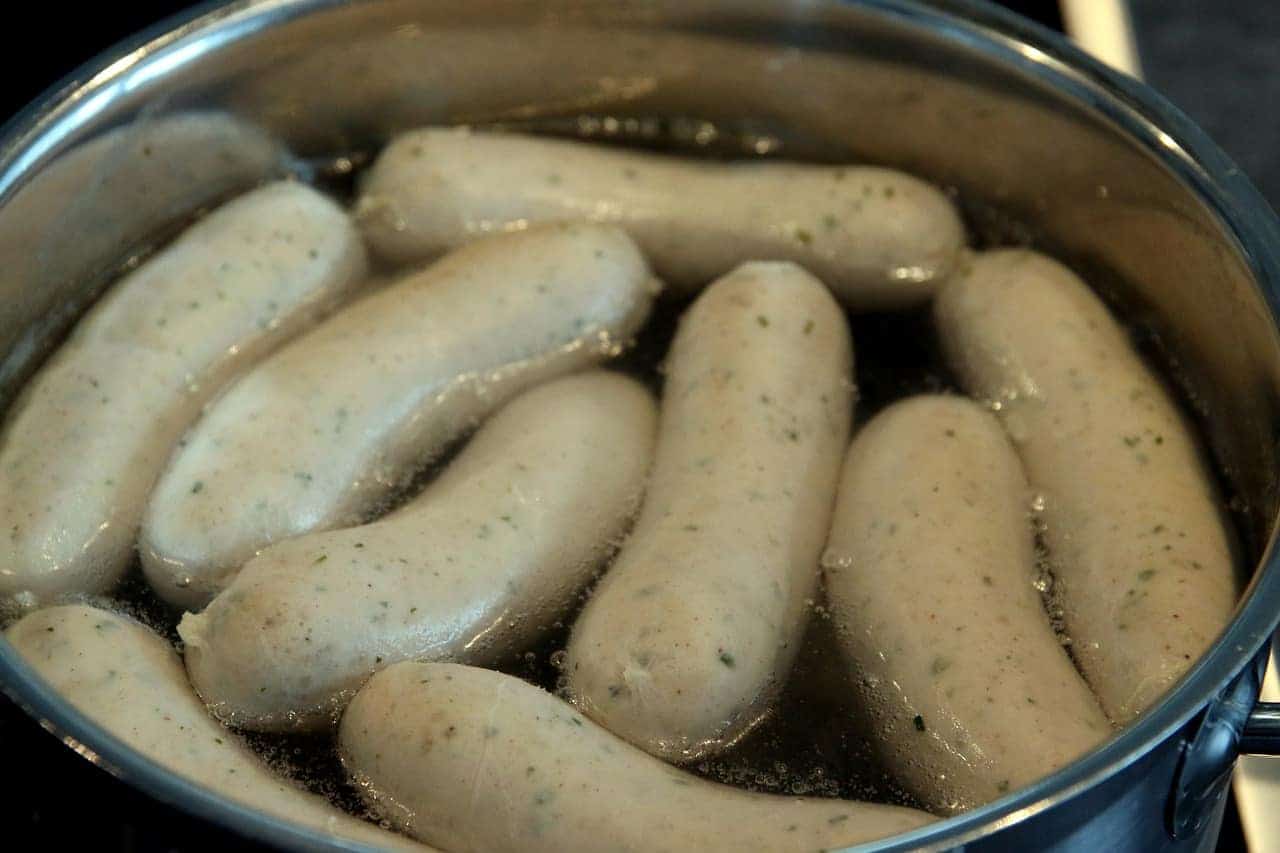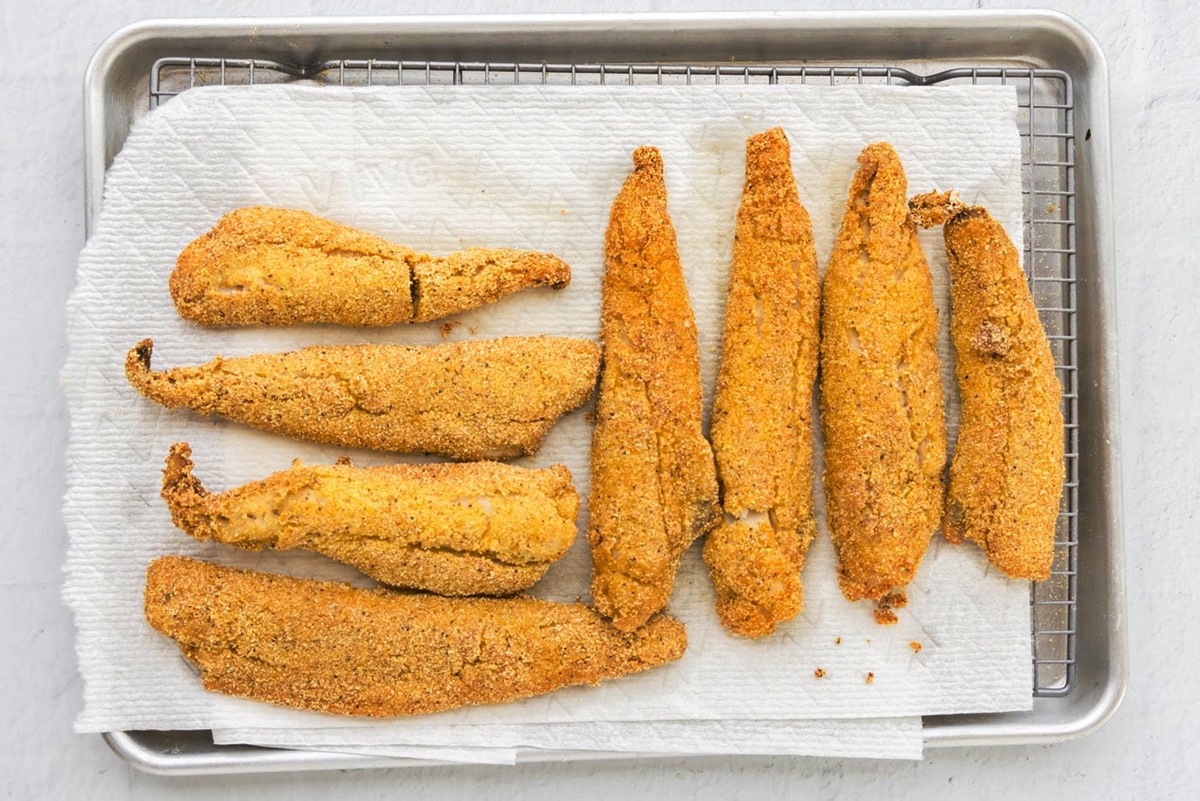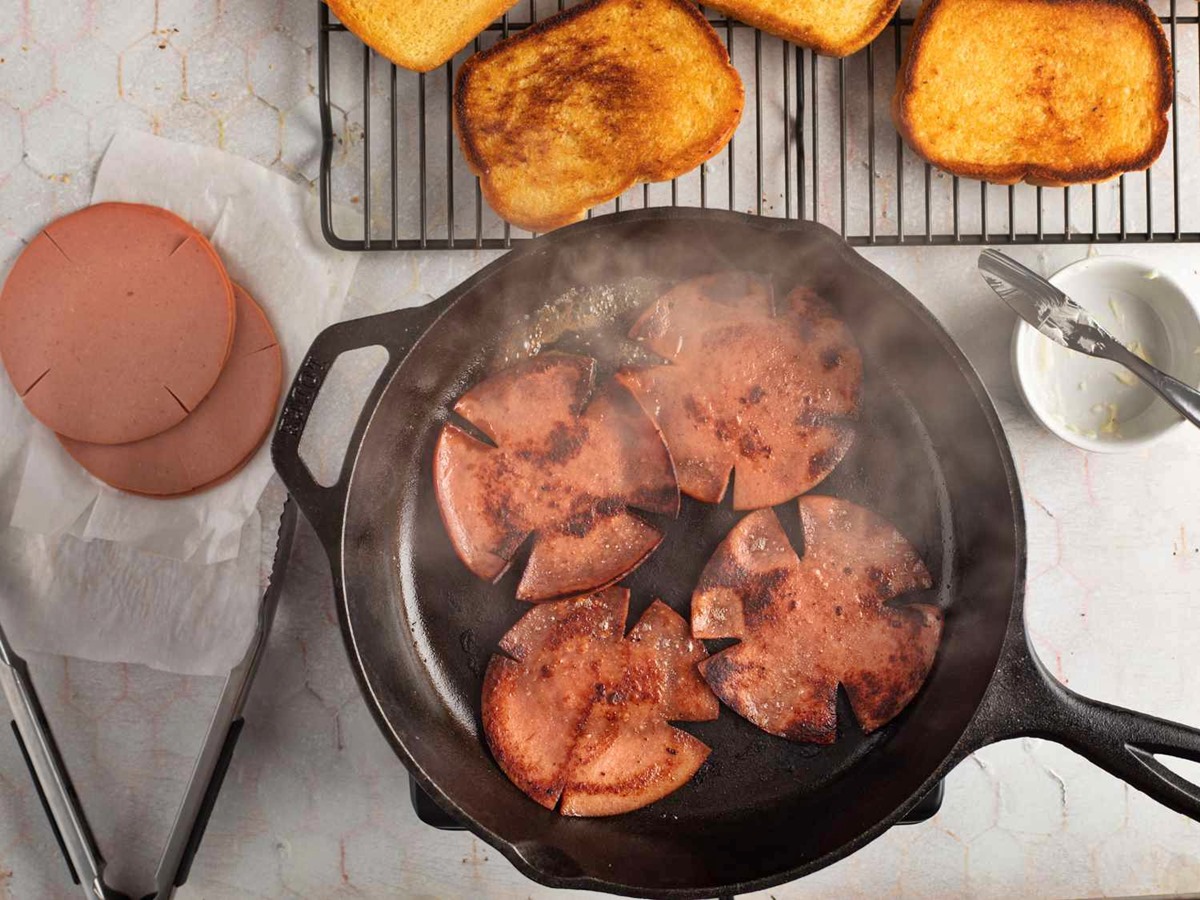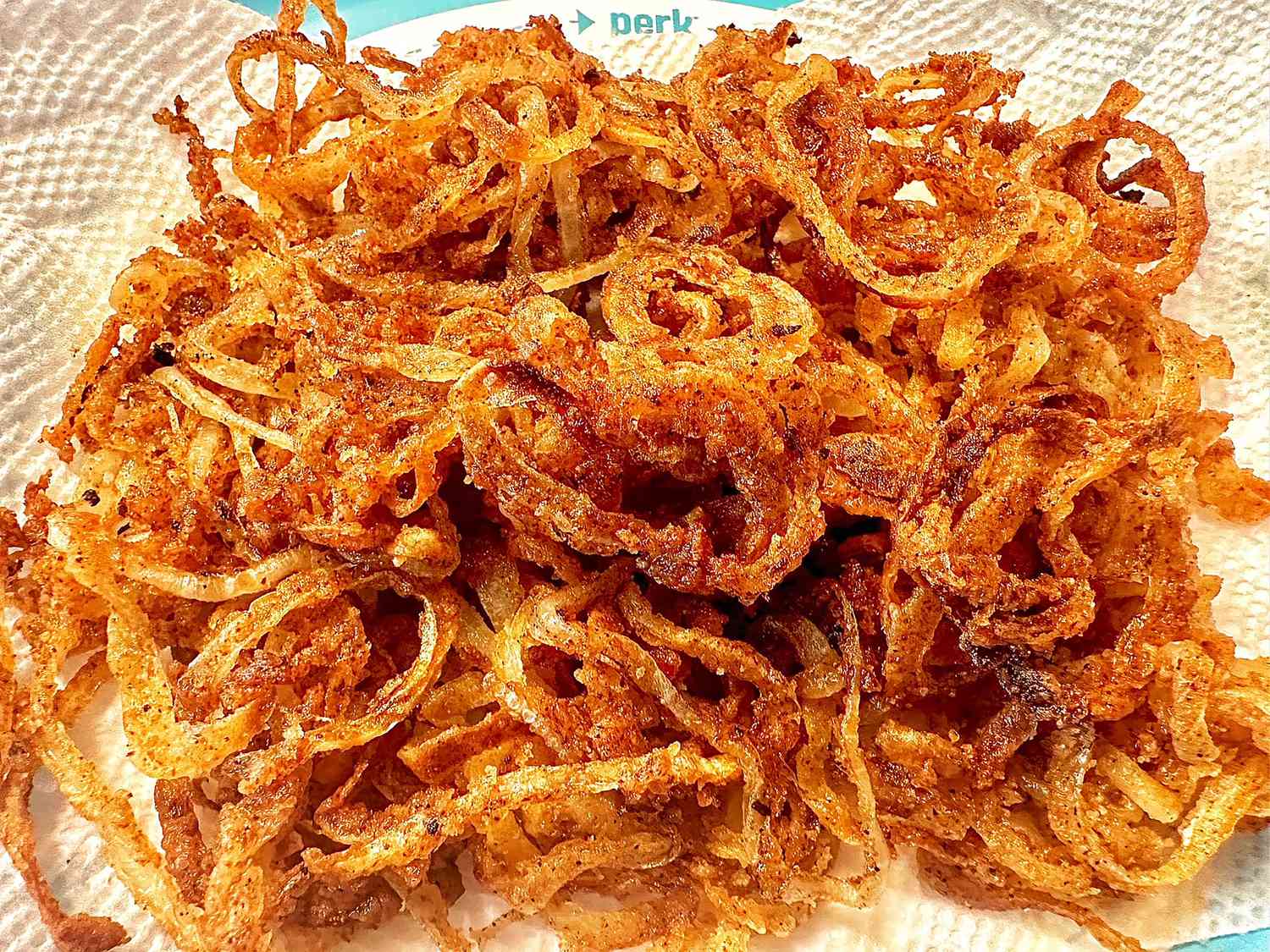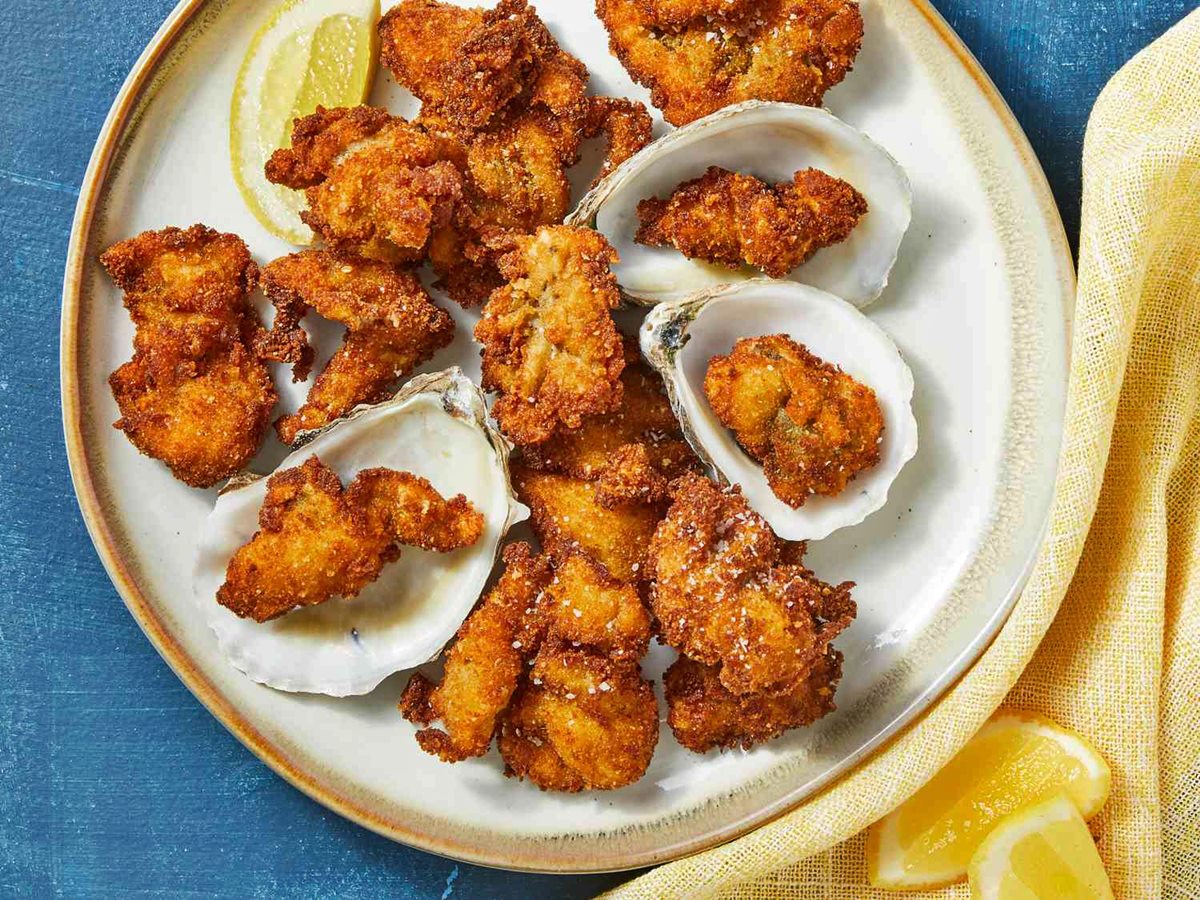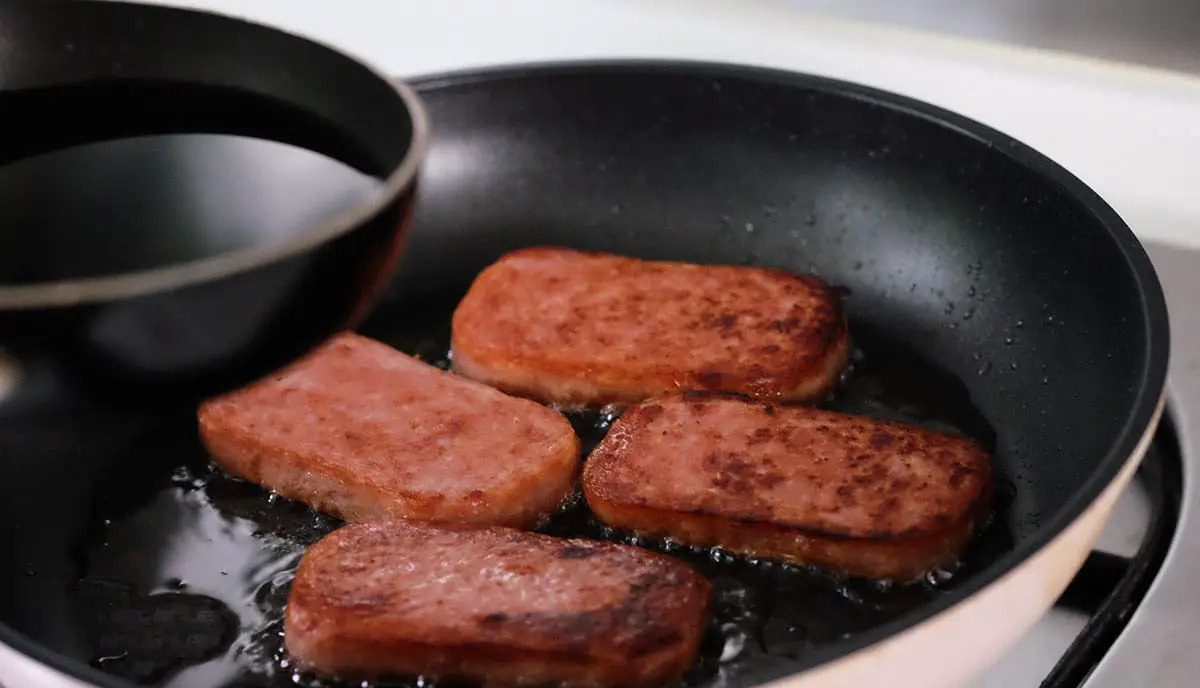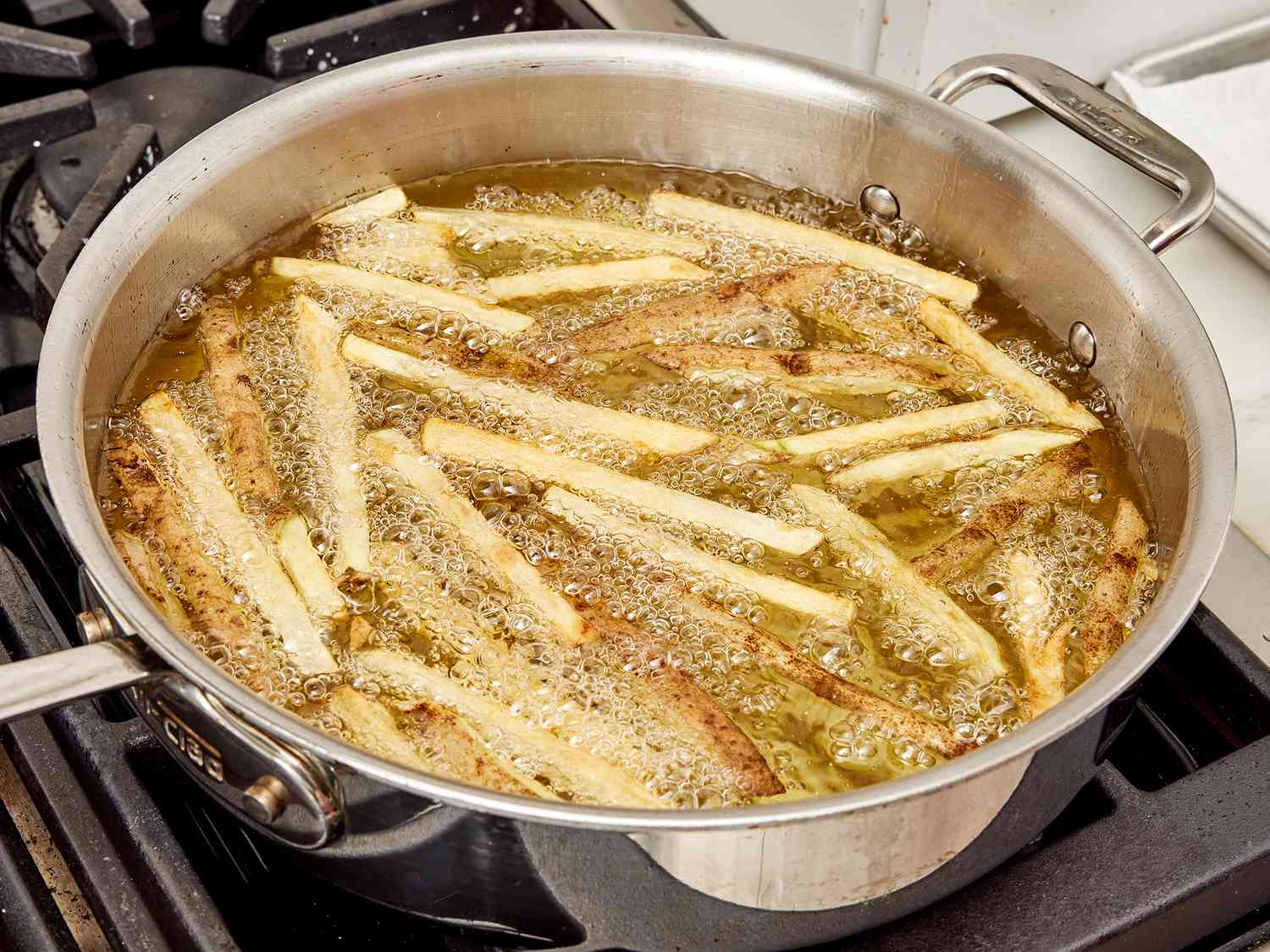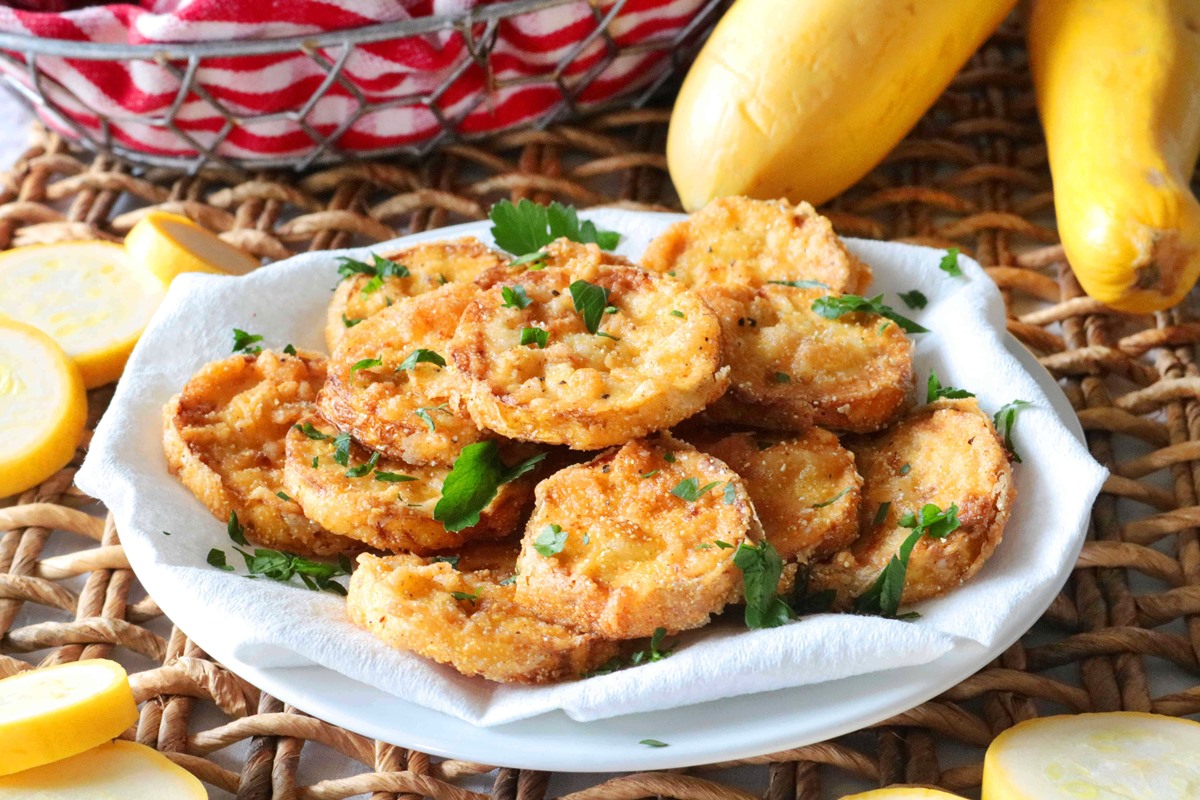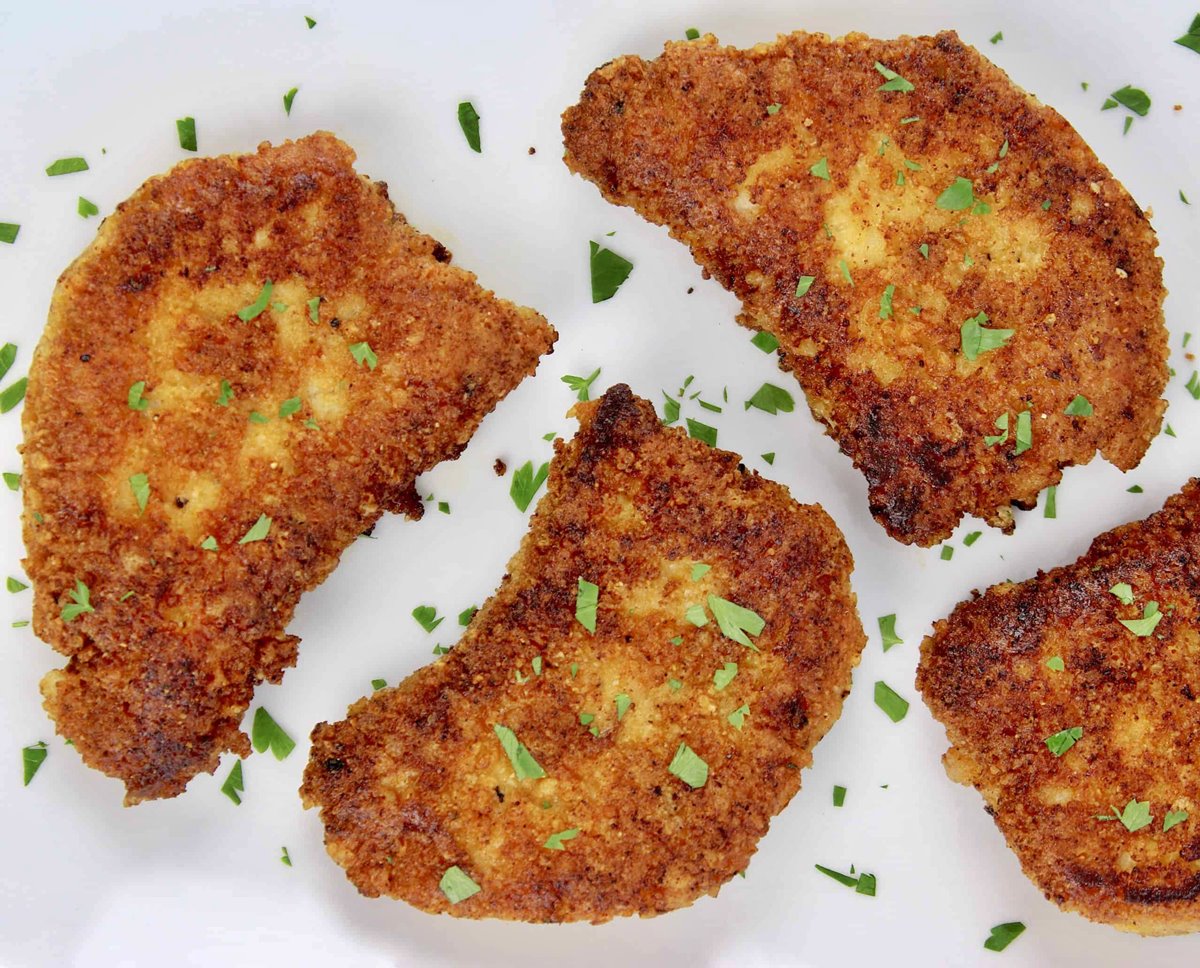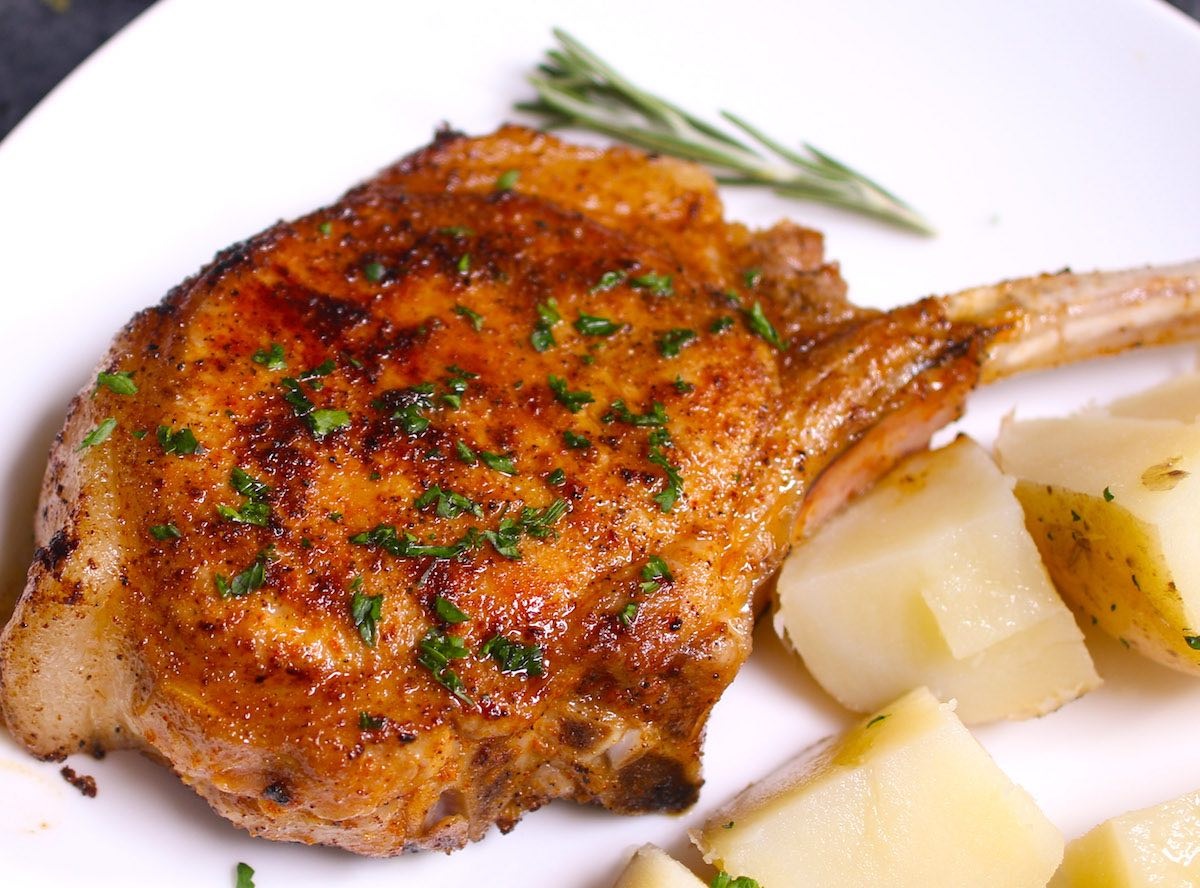Boiling angel hair pasta might seem straightforward, but achieving that perfect al dente texture requires a bit of know-how. Unlike its thicker counterparts, angel hair pasta, with its delicate strands, can easily become too soft if not monitored closely. Whether you're a seasoned chef or someone just starting to experiment in the kitchen, mastering this simple task can elevate your culinary creations. In this guide, we'll walk through the steps to ensure your angel hair pasta turns out flawlessly every time, adding a touch of elegance to your dishes with minimal effort. Ready to transform your pasta nights? Let's get started.
Gather Your Ingredients
- Angel hair pasta
- Water (4 quarts per pound of pasta)
- Salt (1 tablespoon)
Essential Tools for Cooking Pasta
- Large Pot: For boiling water and cooking pasta.
- Colander: To drain cooked pasta.
- Wooden Spoon: For stirring pasta while it cooks, preventing it from sticking.
- Measuring Cup: To measure water and pasta.
- Timer: Keeping track of cooking time accurately.
- Stove: Where the magic happens, to heat water and cook pasta.
For perfect angel hair pasta, boil water with salt, add pasta, stir occasionally, and cook for 2-3 minutes until al dente. Drain immediately to prevent overcooking and sticking.
The Importance of Boiling Pasta Perfectly
Boiling angel hair pasta perfectly is essential for achieving that al dente texture, which means "to the tooth" in Italian, indicating pasta that is cooked so it's still firm when bitten. This method ensures your pasta isn't mushy but has just the right bite for a delightful eating experience.
Understanding the correct boiling technique for angel hair pasta prevents it from sticking together, a common issue with this thin pasta variety. Using plenty of water, stirring gently, and knowing the precise cooking time are crucial steps. This knowledge transforms simple ingredients into a delicious base for various dishes.
Step-by-Step Guide to Perfect Angel Hair Pasta
-
Fill a large pot with water: Ensure there's enough water to completely submerge the angel hair pasta. A good rule of thumb is to use about 4 quarts of water for every 8 ounces of pasta.
-
Add salt: Pour in roughly 1 to 2 tablespoons of salt. This step is crucial as it seasons the pasta, giving it flavor from the inside out.
-
Bring water to a boil: Turn the heat to high and wait for the water to reach a rolling boil. You'll know it's ready when bubbles vigorously break the surface.
-
Add the angel hair pasta: Gently place the pasta into the boiling water. If it doesn't fully fit, wait a few seconds and gently push it down with a spoon or fork until it softens and slides into the water completely.
-
Stir immediately: Use a long spoon or fork to stir the pasta. This prevents the strands from sticking together or to the bottom of the pot.
-
Boil for 4 to 5 minutes: Angel hair pasta cooks quickly due to its thinness. Keep an eye on the clock, as overcooking will make it mushy.
-
Check for doneness: Taste a strand of pasta at the 4-minute mark. It should be al dente, meaning firm to the bite but cooked through. If it's not ready, check every 30 seconds until it reaches the desired texture.
-
Reserve some pasta water: Before draining, save a cup of the starchy pasta water. It's useful for adjusting the consistency of sauces.
-
Drain the pasta: Carefully pour the pasta into a colander to remove the boiling water. Avoid rinsing to preserve the pasta's starch, which helps sauces cling to it.
-
Serve immediately: Angel hair pasta is best enjoyed fresh off the stove. Combine it with your sauce of choice, using the reserved pasta water if needed to achieve the perfect sauce consistency.
Mastering the Art of Perfect Pasta
Boiling angel hair pasta might seem simple, but nailing it requires attention to detail. Remember, start with a large pot of salted, boiling water to give those strands enough room to dance around. Timing is everything; keep an eye on the clock to avoid mushy noodles. A quick taste test near the end of cooking time ensures you hit that al dente sweet spot. Don't forget, saving a bit of pasta water can work wonders for your sauce, adding that silky touch that clings beautifully to each strand. Finally, a quick toss with your favorite sauce right after draining keeps everything from sticking and turns a simple meal into a delightful dish. With these tips, you're well on your way to serving up angel hair pasta that's nothing short of heavenly.
More Delicious Recipes Featuring Angel Hair Pasta
Now that you've mastered the art of boiling angel hair pasta, it's time to put your skills to the test with a variety of delicious recipes. Whether you're in the mood for something light like Garlic and Chili Angel Hair Pasta Recipe or craving a more robust dish such as Creamy Alfredo Angel Hair Recipe, there's a recipe to suit every palate. I recommend trying the Lemon Shrimp Angel Hair Recipe for a refreshing twist on seafood pasta, or the Primavera Angel Hair Pasta Recipe for a vibrant, healthful option. Each recipe offers a chance to refine your pasta cooking technique while delivering mouthwatering results.
Common Questions Answered
How long does it take to boil angel hair pasta?
Cooking angel hair pasta to perfection usually takes about 4 to 5 minutes. Keep an eye on the clock; this pasta cooks faster than you might think!
What's the best way to tell if angel hair pasta is done?
The foolproof method is tasting a strand. You're aiming for al dente – firm to the bite. If it's too chewy, give it another minute, but don't let it turn mushy.
Should I add oil to the pasta water?
Nope, skip the oil. It can make your pasta slippery, causing sauces to slide right off. Instead, a good stir will prevent sticking.
How much water do I need to boil angel hair pasta?
Use plenty of water – about 4 quarts per pound of pasta. This gives your pasta room to move freely, preventing clumps.
Do I need to salt the water?
Absolutely, salting the water is crucial. It flavors the pasta from the inside out. For every pound of pasta, use about 2 tablespoons of salt.
Can I reuse pasta water?
Sure can! Pasta water is liquid gold in the kitchen. Its starchiness can help thicken sauces, making them cling better to your pasta.
What's the best sauce for angel hair pasta?
Lighter sauces work best with angel hair due to its delicate texture. Think olive oil-based sauces, pesto, or a simple tomato sauce. Avoid heavy, chunky sauces that can overwhelm the pasta.
Was this page helpful?
Read Next: How To Boil Frozen Raw Shrimp
